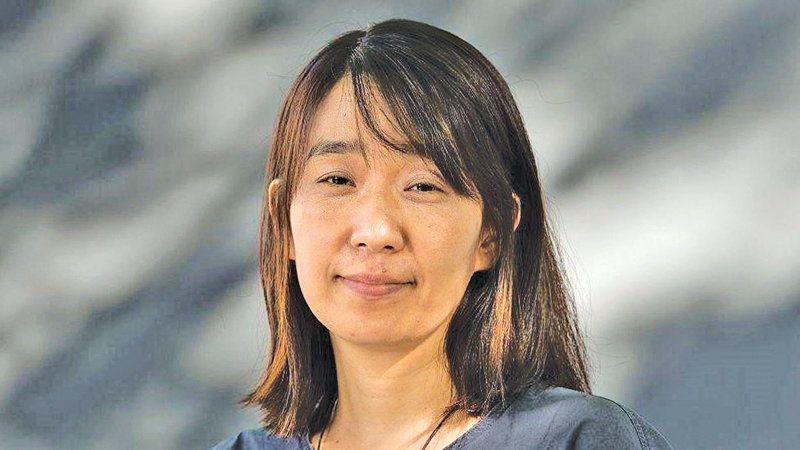The Nobel Prize in Literature was awarded to South Korean author Han Kang (53) on Thursday (October 10), for what the Nobel committee called “her intense poetic prose that confronts historical traumas and exposes the fragility of human life”. Permanent Secretary of the Swedish Academy’s Nobel Committee Mats Malm, announced the prize in Stockholm. Han will receive the 11 million-krona ($1.1 million) award, a media release from the Swedish Academy stated.
Nobel committee chairman Anders Olsson praised the author’s “physical empathy for the vulnerable, often female lives” of her characters. He said her work “has a unique awareness of the connections between body and soul, the living and the dead, and in a poetic and experimental style, has become an innovator in contemporary prose.”
In 2023, the award went to Norwegian playwright Jon Fosse, whose plays are among the most widely staged of any contemporary playwright in the world.
Second SK Nobel Prize winner
Han becomes the first South Korean writer to win the Nobel literature prize. She also becomes the second South Korean national to win a Nobel Prize, after the late former President Kim Dae-jung won the peace prize in 2000. He was honoured for his efforts to restore democracy in South Korea during the country’s previous military rule and improve relations with war-divided rival North Korea. Han made her publishing debut as a poet in 1993; her first short story collection was published the following year and her first novel, Black Deer, in 1998. Works translated into English include
The Vegetarian, Greek Lessons, Human Acts, and The White Book, a poetic novel that draws on the death of Han’s older sister shortly after birth. The White Book was an International Booker Prize finalist in 2018. She won the International Booker Prize in 2016 for The Vegetarian, an unsettling novel in which a woman’s decision to stop eating meat has devastating consequences. At the time of winning that award, Han said that writing novels is a way of questioning for me. “I just try to complete my questions through the process of my writing and I try to stay in the questions, sometimes painful, sometimes-well-sometimes demanding,” she said.
With The Vegetarian, she said, “I wanted to question about being human and I wanted to describe a woman who desperately didn’t want to belong to the human race any longer and desperately wanted to reject being human, (humans) who commit such violence.”









